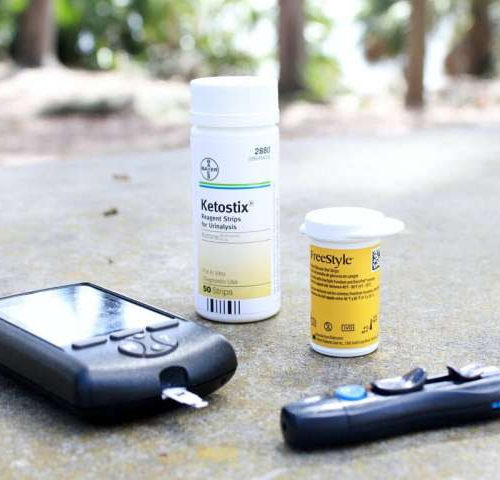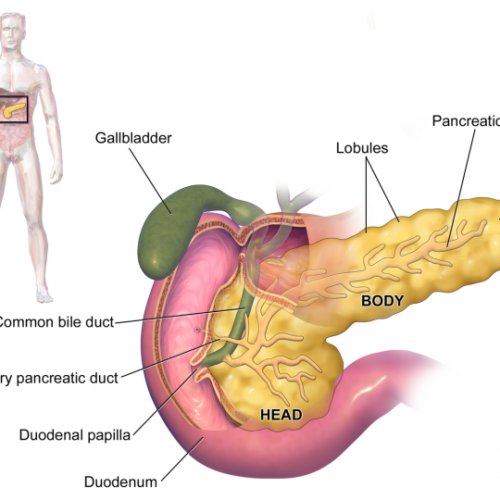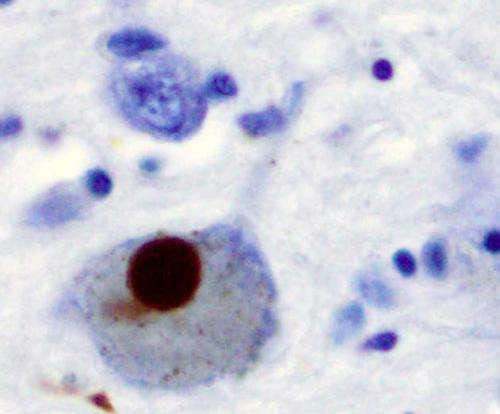by University of South Australia Eat one or more eggs per day and your risk of diabetes increases by 60 per cent. Scrambled, poached or boiled, eggs are a popular breakfast food the world over. Yet the health benefits of the humble egg might not be all they’re cracked up to be as new research from the University...
Category: <span>Diabetes</span>
‘Rewiring’ metabolism in insulin-producing cells may aid Type 2 diabetes treatment
UNIVERSITY OF WISCONSIN-MADISON MADISON, Wis. — Researchers have discovered a previously unknown way that pancreatic cells decide how much insulin to secrete. It could provide a promising new target to develop drugs for boosting insulin production in people with Type 2 diabetes. In a pair of papers recently published in Cell Metabolism, scientists from the University of Wisconsin-Madison...
A few kilograms weight loss nearly halves the risk of diabetes, large scale research study finds
by University of Exeter Providing support to help people with prediabetes make small changes to their lifestyle, diet and physical activity can almost halve the risk of developing type 2 diabetes, according the results of the Norfolk Diabetes Prevention Study (NDPS) the largest diabetes prevention research study in the world in the last 30 years. The...
Research maps gene functions in pancreas cells that lead to diabetes
A team of researchers led by a University of Alberta pharmacology professor has mapped the function and gene expression of individual insulin-producing cells within the human pancreas, opening new paths of research for diagnosing and treating diabetes. “There’s been a lot of excitement the last few years about understanding how pancreatic beta cells make insulin,” said Patrick MacDonald, who is also a...
People with type 2 diabetes need not avoid eating potatoes based on glycemic index
FOODMINDS LLC People with type 2 Diabetes (T2D) are frequently told to avoid eating potatoes, and other high Glycemic Index (GI) foods, because of the longstanding perception that these foods make it difficult to control blood sugar levels. This is especially problematic during the night when blood sugar tends to spike — a phenomenon that...
Combo-drug treatment for Type 2 diabetes remains effective after two years
THOMAS JEFFERSON UNIVERSITY PHILADELPHIA – Patients with Type 2 diabetes often take metformin as first-line therapy to help stabilize their blood glucose. Eventually, some patients no longer respond to metformin and require additional treatment. A few years ago, pivotal short-term trials showed that a combination of two drugs controlled diabetes progression better than either single...
Common diabetes drugs may prevent Parkinson’s
by University College London Immunohistochemistry for alpha-synuclein showing positive staining (brown) of an intraneural Lewy-body in the Substantia nigra in Parkinson’s disease. Elevated risk of Parkinson’s disease among people with type 2 diabetes appears to be reduced by some medications used to treat their diabetes, finds a new study led by UCL researchers. The researchers are testing one of...
Drinking green tea and coffee daily linked to lower death risk in people with diabetes
by British Medical Journal Drinking plenty of both green tea and coffee is linked to a lower risk of dying from any cause among people with type 2 diabetes, suggests research published in the online journal BMJ Open Diabetes Research & Care. Drinking 4 or more daily cups of green tea plus 2 or more of coffee was associated with a...
Common treatment for diabetic macular edema not effective in Black individuals
BOSTON MEDICAL CENTER Boston – A medication frequently used to treat diabetic macular edema, which is the most common cause of blindness in people with diabetes, is less effective when used to treat the condition in Black patients, new study results show. Led by researchers at Boston Medical Center, the study demonstrated that Black patients were significantly...
Diabetes researchers spot dangerous T cells in the pancreas—even in healthy people
by La Jolla Institute for Immunology Yellow staining shows CD*+T cells poised to target preproinsulin. The white outline on the right shows the perimeter of an insulin-containing islet in a patient with type 1 diabetes. The image shows that the preproinsulin-specific T cells can wait very close islets, probably poised to destroy the beta cells inside....





